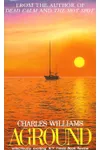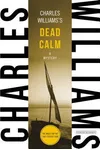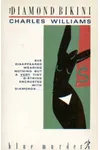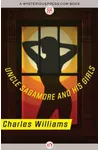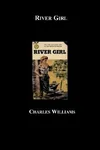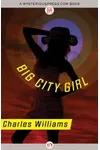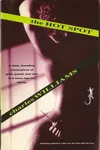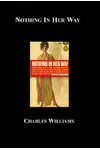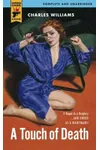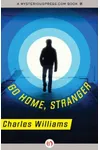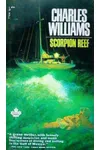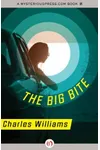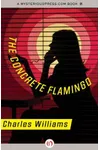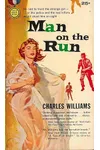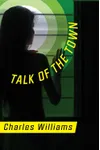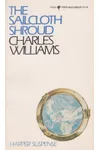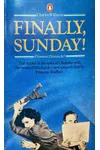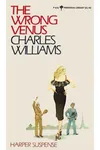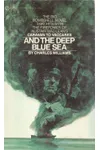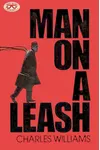Picture a Texas-born storyteller who spun gritty tales of crime and suspense that still grip readers today—meet Charles Williams! Born in 1909 in San Angelo, this master of hardboiled noir crafted 22 novels that blended raw human desires with pulse-pounding plots. Despite his modest demeanor and a life that veered from the Merchant Marine to pulp fiction stardom, Williams’s sharp prose and knack for suspense made him a hidden gem of 20th-century crime fiction.
From his million-selling debut to films like Dead Calm, his stories leap off the page with a casual cool that’s hard to resist. Ready to dive into the shadowy world of Charles Williams? Let’s explore his life, his unforgettable works, and why he’s a must-read for noir fans!
The Making of Charles Williams
Charles K. Williams came from humble roots in San Angelo, Texas, where he was born on August 13, 1909. Dropping out of high school after tenth grade, he chased adventure by enlisting in the US Merchant Marine in 1929, serving a decade as a radioman. This seafaring life shaped his knack for vivid settings and taut narratives. After marrying Lasca Foster in 1939, he traded waves for wires, working as an electronics inspector for RCA and later at Puget Sound Navy Yard during World War II. By 1945, settled in San Francisco, Williams began writing, and his debut, Hill Girl (1951), catapulted him to full-time authorship.
Charles Williams’s Unforgettable Stories
Williams’s novels are a masterclass in hardboiled noir and suspense, marked by a clean, conversational style that pulls readers into gritty worlds. His debut, Hill Girl (1951), a sultry tale of rural temptation, sold over a million copies, cementing his place in pulp fiction. Hell Hath No Fury (1953) broke barriers as the first paperback original reviewed by The New York Times’s Anthony Boucher, blending sex and crime with a nod to James M. Cain. Later, Williams ventured into “blue-water noir” with Dead Calm (1963), a tense nautical thriller adapted into a 1989 film starring Nicole Kidman. The Hot Spot (1953), another standout, inspired a steamy 1990 movie, showcasing his knack for morally complex characters driven by greed and lust.
His settings—swelteringly rural or storm-tossed seas—pulse with life, while his protagonists, often ordinary men caught in extraordinary traps, reflect his anti-establishment streak. Critics like Woody Haut praise Williams for his “antipathy to state power,” a theme that resonates in works like Man on the Run (1958), where a falsely accused man dodges police in a fog-drenched chase. With 16 of his 22 novels as paperback originals, mostly for Gold Medal Books, Williams defined the suspense style of the 1950s and 1960s.
Why Charles Williams Matters
Charles Williams’s influence on crime fiction is undeniable, yet his name often lingers in the shadows of peers like John D. MacDonald, who called him undeservedly neglected. His ability to weave suspense with raw human emotion set a high bar for noir, inspiring writers and filmmakers alike. Twelve of his novels were adapted for screen in the US, France, and Australia, proving his stories’ universal appeal. Though his readership dipped in the 1960s, his works remain cult favorites, with battered paperbacks fetching high prices among collectors. Williams’s legacy endures in the hearts of noir aficionados who cherish his unpolished brilliance.
- Born: August 13, 1909, San Angelo, Texas
- Died: April 5, 1975
- Key Works: Hill Girl, Hell Hath No Fury, Dead Calm, The Hot Spot
- Notable: 12 novels adapted for film or TV
Snag Dead Calm or Hill Girl and dive into Charles Williams’s thrilling world of noir suspense! Whether you’re a crime fiction newbie or a seasoned sleuth, his stories promise a wild ride you won’t forget.
